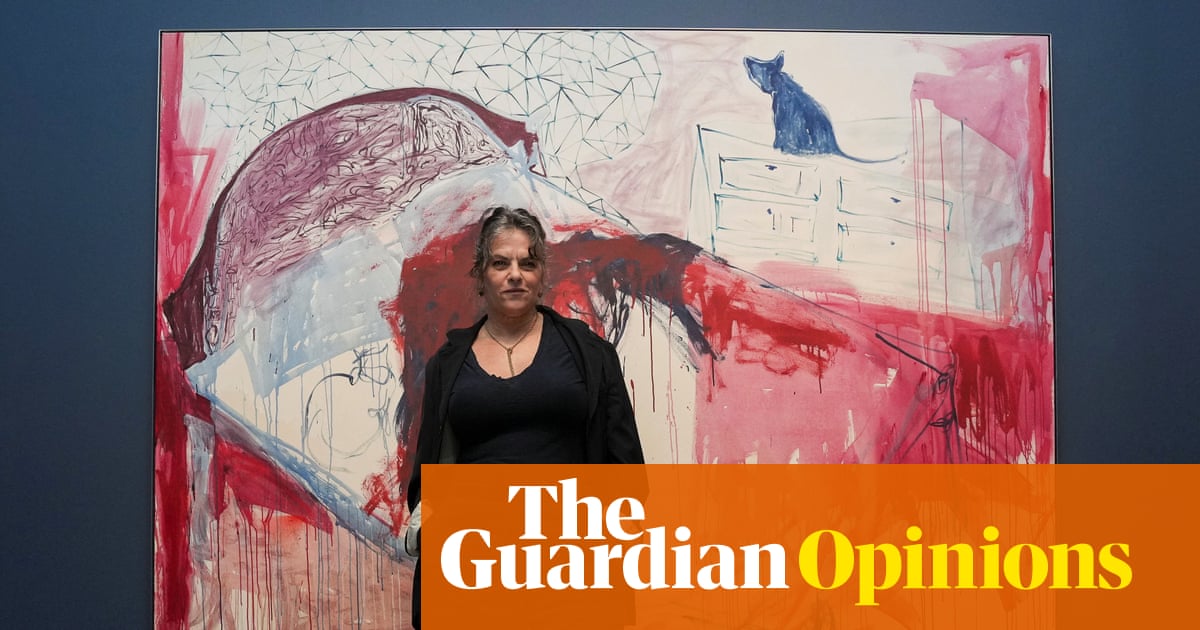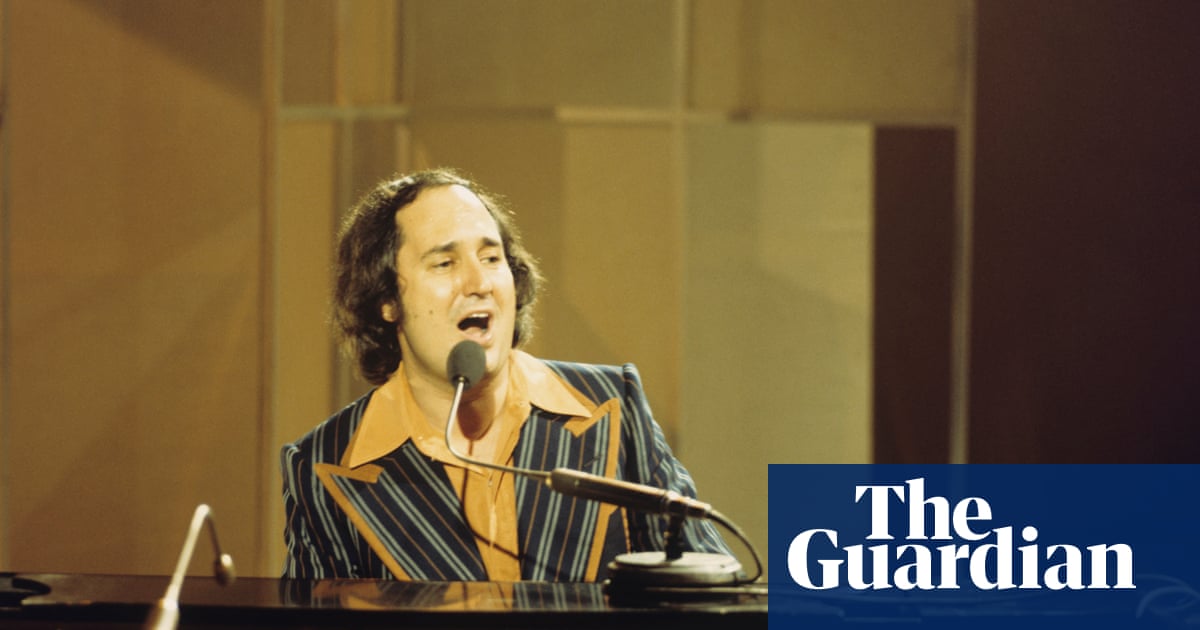Your funeral speech in Andor was a huge highlight of a show surprisingly packed with anti-fascist sentiment (we all know that when you said “Fight the Empire!” you really wanted to use a different f-word there). Did you know at the time just how apt the whole show would be in the US political climate? notanauthority
I did say a different word in my speech, and the writer hoped that Disney were OK with it, so we kept the strong f-word right to the end. And then I think some executive buckled, so it became “fight the Empire”. It was filmed after the first Trump incumbency, when there was another president, so it wasn’t overtly connected to the America that is now.
When I performed that speech, I was filmed by about 200 cameras so they could make a hologram. I was alone in a huge studio, no director or crew in the room with me. There was a “God” mic – somebody spoke to me remotely saying, “We’ll do that again”. It was quite scary.
What can you tell us about the upcoming adaptation of Jane Austen’s Sense and Sensibility? bumble1
We’ve just finished shooting it, and the one thing an actor does not see is the film. It was filmed by the really lovely Georgia Oakley, who is very assured. And we filmed in these beautiful houses around Britain, including in Dorset, Knebworth and Devonshire. The scale was thrilling. I don’t think I’ve ever been in a carriage with four horses. Although the truth of swanning about in posh houses is that you’re 13 hours in a corset and wigs, but I’m sure the outcome will be well worth it.
The best part of any Harry Potter film was watching you and the late Richard Griffiths on screen together. How much did you enjoy the experience, and how did you prepare for those scenes with each other? sesposito01
Richard was the most elegant, artistic and talented man. He had the most mellifluous handwriting and once sent me a note to say, “Will you join me for lunch?” in sort of gothic lettering. He spoke non-stop. On set he was always telling me and the two boys, Harry [Melling, who played Dudley Dursley] and Daniel [Radcliffe, Harry Potter] interesting anecdotes and facts. He had fantastic general knowledge so we would sit in thrall to him.
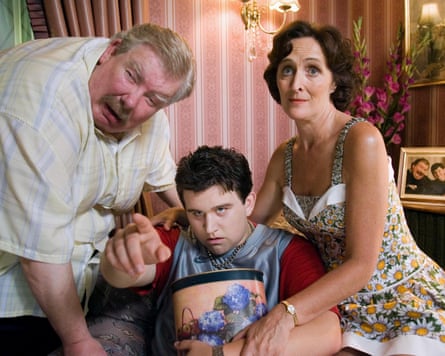
You gave a beautifully nuanced performance [as Mrs Croft] in the Jane Austen drama Persuasion (1995), when you spoke about voyages with your husband, and said you never felt afraid as long as you were together. You looked into the distance as if having genuine memories. It was very touching. How much was preparation and how much was spontaneous? Irishstewfortea
The director, Roger Michell, who is also now departed prematurely, had said no wigs and no lighting except candlelight. He really wanted to get the experience of what it was like in the early part of the 19th century. He’d asked me to read a book about maritime life which opened up for me a world beyond the pages of Jane Austen’s book, including illegitimacy and prostitution. These things Austen never wrote about, but very often her characters are touched by this sort of thing.
Mrs Croft is in love with the admiral, went on board with him and would have slept in a hammock, at a time when most women married in order to get a roof over their head. Your happiness was not necessarily the priority. Mrs Croft did make her happiness a priority, and the result was she had a much more interesting life, but she would have seen terrible things.
Roger would only do three takes, so I knew I had to really play that moment as intensely as I could.
I saw your amazing performance of Medea on Broadway in 2002. It must have been so emotionally demanding. How could you do it again night after night? vjanewindsor
I met one of the chorus members three years later, who said: “I’m not over it yet.” It started in Dublin, and then a year later came to London, followed by Washington DC, the Brooklyn Academy of Music and then Broadway. It had been running for over two years when we finished it in Paris. Actors’ cars were being towed away in London because they never got home. We only had summer clothes, and now it was winter. We all just got stranded on Broadway, which was bonding for the group.
The preparation of it was to try to take the zenith of what the situation was, dare to look at it and dare to stay sympathetic to everybody in the story. You must never judge any of these people. We went running as a group before the show, which meant we spent time together, and each night we played a very silly ball game, which unified us all and was an alternative to the content of the play.
You have played mythic characters and deeply human ones. Do you feel myth helps us understand humanity? Or does humanity make myth resonate? TVbyday
I think myth is a way of dealing with the incomprehensible. The Greeks were very clever, putting logic on one side of an argument and logic on the other. And the two points of view meet and clash. And somewhere in the middle, a truth emerges, for that evening.
You made me laugh so hard in London Assurance (2010) at the National and you seem to slip easily between comedy and drama. Do you find it easier to perform in one or the other? Ozwriter22
Comedy connects us as it’s about rupturing the norm. The best comedy is probably in our families where we understand the norms, but it isn’t easy to play. The night before a comedy, I always sleep badly, because you have to catch the wave on the day, and you have to hope that the moment lands correctly. Nearly all drama has comedy and tragedy in it. The difference is that in comedy the characters override their circumstances, but in tragedy they are overpowered by them.
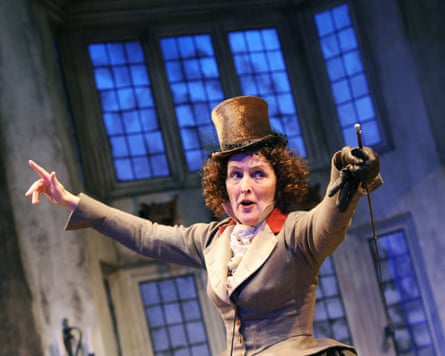
You’ve played some wildly disparate characters, but always slipped into their skin utterly convincingly. Were there any you found particularly hard, and if so, how did you approach it? What were your hardest roles? Seawitch3
I find them all hard. But even if the person you’re playing is quite far away from you, there is often something about them that you recognise. Sometimes you find your way into the character through the language, sometimes you find it through the costume. Sometimes you find it through worrying about it all night, and sometimes you have to just abandon yourself to it. I found Electra hard, as it had no humour, and I found Mistress Millamant hard as it was too near me at the time.
I try to approach each character in a different way, which has always made the experience like a first time. I try to start knowing nothing so I find a new way into the new territory, but of course, in the end, you look in the mirror, and it is always you.
I really enjoyed your recent performance in Hot Milk. I wondered how you prepare yourself for playing a character like Rose, making her sympathetic, while still so corrosive in her daughter’s life. Buffalo666
I really liked Rose. I loved that she likes literature. The story hints at ambiguity as to why she cannot walk – but sometimes she can. She has a functional neurological disorder, which I did some investigation into and it’s a very upsetting ailment, the source of which is hard to identify. It may be that one’s neurological misfirings are connected to an emotional past. For the sake of the story, that was the case, but in fact it is as varied as the people who suffer from it. But Rose doesn’t know she has that, and certainly doesn’t know that anything is connected to her past or her history. So very often, what you’re playing is what the character doesn’t know.
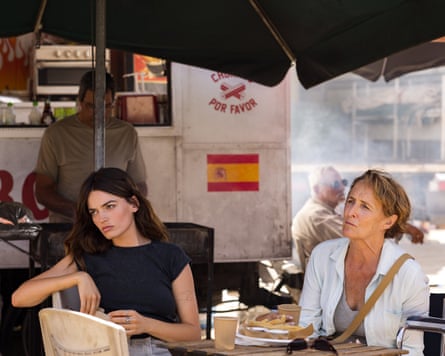
Of course, she’s a terrible woman, but you can’t play anything from that point of view. She is blind to the effect she has on her daughter. All she knows is that she wants to get better. She’s benign and blind. Perhaps that’s what most of us are.
You are the perfect gang boss/mafia leader/secret service head honcho. Your face says: “I’m going to kill with my intellect, but if you’re still around after that I’ll send one of my people round to finish you off.” Do you agree? I’m sure you’re lovely but I’d be a little bit scared by you in real life, sorry! AmongstTheWaves
Oh dear! I’m so not scary. But maybe when infused with intention, my features can be. I am in life sometimes quite scatty so maybe it’s redemptive for me to play very intelligent, organised characters. I try to play interesting people so I never judge them. Don’t be scared – come and say hello!
At university, a lecturer showed us a tape of you performing The Waste Land, and it blew me away. Is your heart always there in the poetry, even in a big-budget production? HamesJoyce
My heart is always in the language, because the clues to everything are there in the choice of words. The sound of the word usually has a hinterland of many more meanings than just the word. Poetry is the refined version of language, or the moment that has been captured.
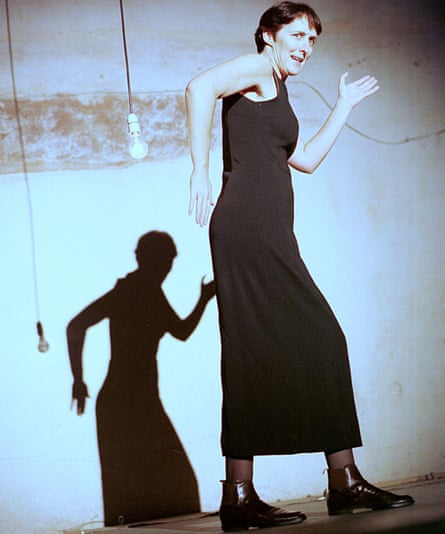
When people boil down to what they really want to say, it’s often poetic. They get down to very old words at the moment of intensity. So I am always looking for the poetry, even in scripts, and it’s usually in one line which sticks out, which I call the “plumb line”. And that line is your key.
I love listening to audiobooks read by you. You performed Alice’s Adventures in Wonderland so brilliantly, and many others too. What is reading an audiobook like for you? Sunshine2000
I loved reading Alice in Wonderland because I put everybody I knew into it – my friends and other actors. So I did the caterpillar as Alan Rickman, and the Red Queen was Geraldine McEwan. I read the The Mill on the Floss, too, and it always seems a privilege to sit and speak literature – but it takes days and days.
What was it like working with Terrence Malick on Tree of Life? PunCrock
Everything Terrence Malick says and does is different. He left a message on my answering machine, which said, “I wonder, would you come and help me with my film?” We went out for breakfast. He said, “Well, what are you going to have?” I said, “I’m going to have scrambled eggs.” He said, “I think I’ll have scrambled eggs too,” like it was the most exotic choice in the world.
One of his extraordinary approaches was to say “Would you like to do this scene indoors or outdoors?” These are questions you’re never asked by a film-maker. He only used natural light, so you could either do the scene inside, by a window, or you could perform it on the street.
He takes about three years to edit the film. I had heard from the producer about two years into this that I was probably one of the main characters, but by the time the film came out, I was nearly gone. He builds this huge edifice, and he takes most things away. He unbuilds films.

.png) 3 months ago
70
3 months ago
70












